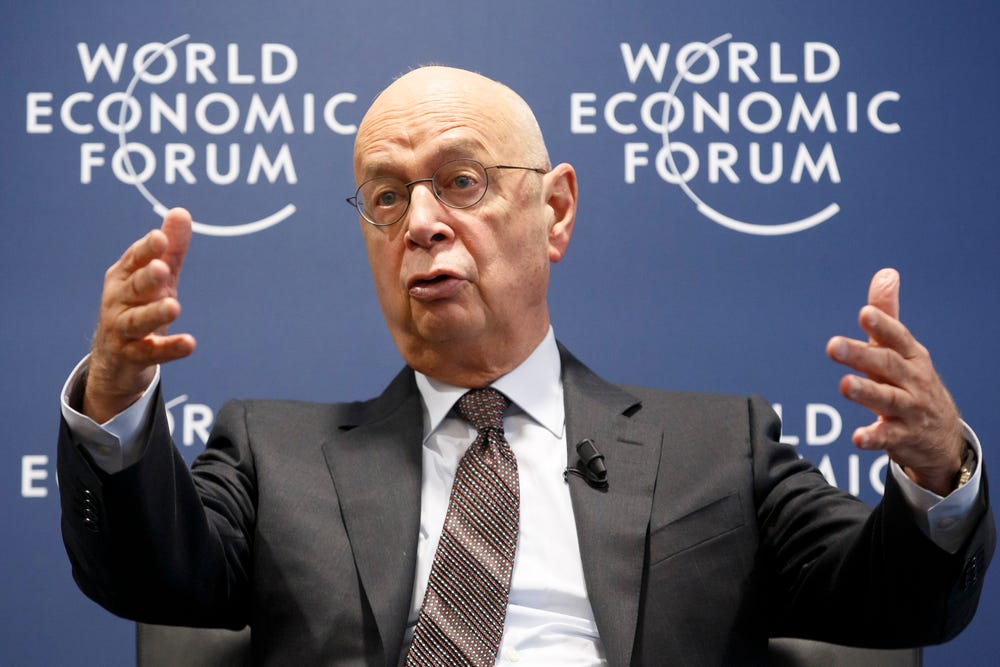Business Insider, Marguerite Ward, Oct 9, 2020, 8:30 AM
- On a Wednesday video conference call, Klaus Schwab, founder of the World Economic Forum, joined Bank of America CEO Brian Moynihan, and EY CEO Carmine Di Sibio to talk about the future of environmental, social, and governance standards (ESGs).
- Schwab said ESG standards are not a fad, and Monynihan and Di Sibio expressed hopes that more companies would adopt the newly created ESG framework.
- The ESG standards may become mandatory in the future, Moynihan and Di Sibio said.
On a video conference call Wednesday, Klaus Schwab, founder of the World Economic Forum said environmental, social, and governance standards (ESGs) will be the next step in driving stakeholder capitalism: the notion that a company is responsible to all its stakeholders, including its employees, customers, and the environment.
“ESGs and stakeholder capitalism are not a fad. It’s not a manifestation of business leaders to showcase their corporate social responsibility. ESGs are an integral part of business management,” Schwab said in the call hosted by Diligent Corporation.
ESG standards are a set of criteria used to measure a company’s performance on things such as how the company is impacting the environment (like its amount of toxic emissions), how it manages relationships with its employees (does it encourage employees to volunteer), and how the company runs internally (boardroom diversity).
The call follows a September 22 announcement by executives from the so called “Big Four” accounting firms — Deloitte, PwC, EY, and KPMG — on a new reporting framework for ESGs. A reporting framework helps companies assess their compliance to a set of metrics and report it in the same way they would financial performance.
The Big Four, which dominate in auditing and other professional services, have clients that collectively comprise the majority of all public companies.
Joining Schwab on this week’s call was EY CEO Carmine Di Sibio and Bank of America CEO Brian Moynihan.
The Big Four’s new ESG standards have 21 core metrics, with 34 supplemental ones, Di Sibio said on the call. They fall into four categories: governance, climate, people, and prosperity
In the coming months, there will be a push to get the members of the International Business Council (IBC) to sign on to these new standards. The IBC is a World Economic Forum member organization comprising the world’s largest companies.
“What we’re hoping is that it won’t just be the IBC members out there, but it will be a lot of other companies, smaller, mid-size companies, private companies that will adopt these metrics,” Di Sibio said.
While this is completely voluntary, both Di Sibio and Moynihan expressed hopes that these ESG standards one day become mandatory, similar to financial accounting standards all companies adhere to.
“It’s a way for your company to show that it really is all about stakeholders, and it really is all about long-term value,” Di Sibio said.







